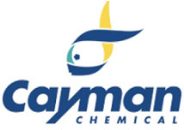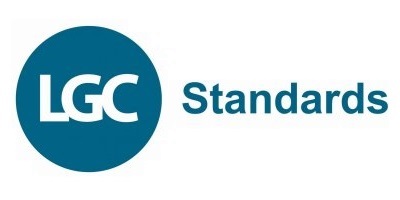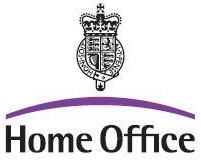Scitegrity query leads to the clarification of international drug laws
Scitegrity query leads to the clarification of international drug laws
Scitegrity has found that national and international drug law wording does not always mean what it says. Recently the the UN INCB has confirmed to us an error in an international drug control act, inacted globally and provided clarification on what it really means.
A recent example was the use of the word "isomers" instead of "stereo-isomers" in the UN INCB 1961 Single Convention on Narcotic Drugs. Isomers are very different from stereo-isomers and we believed it to be a mistake. After 6 months the UN INCB has confirmed that in fact this is an error and should be interpreted as stereoisomers.
INCB - "Your inquiry has been brought to my attention and I would like to clarify that the concept of 'isomers' in the 1961 Single Convention on Narcotic Drugs is historically understood to refer stereoisomers, a term that was subsequently introduced in delineating the scope of control of substances in Schedule I of the 1971 Convention and, via the interpretation guidelines detailed in the green list, to substances in Schedules II, III and IV of that convention."
Unfortunately many countries copied the "1961 Single Convention on Narcotic Drugs" definitions into national legislation, a fact that still stands today. We continue to be engaged with national legislators to clarify this point and many others.
If working out what is a controlled substance (or not) is an issue for you, please check out Scitegrity’s Controlled Substance Squared system (CS2). It can automatically determine the controlled status of millions of compounds structurally, with full context on why and how they are controlled - in over 25 countries!
Trusted by our Clients












